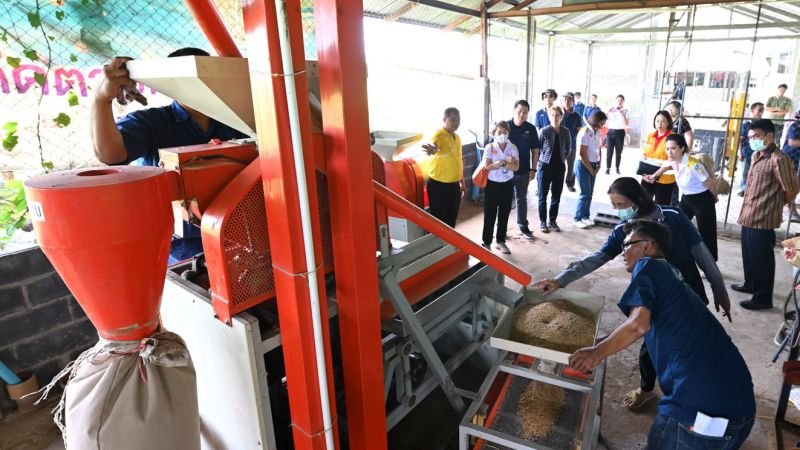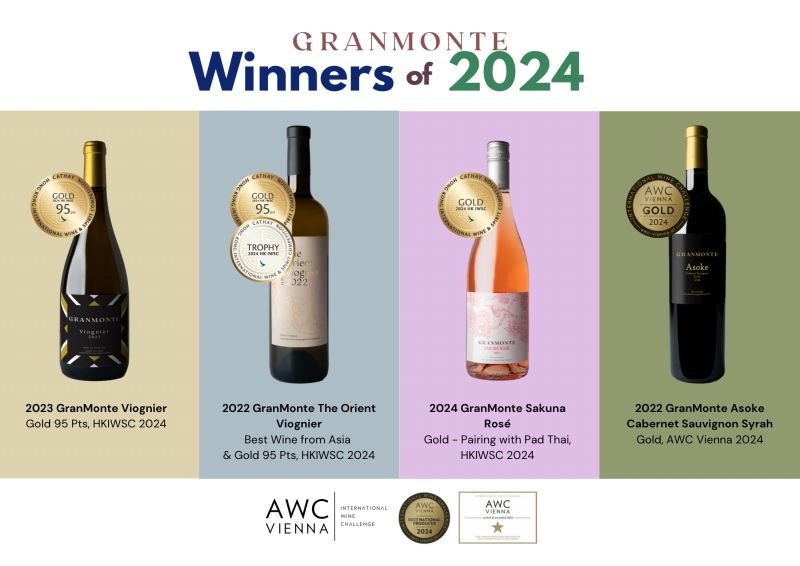Shell for the Future: Sustainable Water Management Solutions as a Catalyst for Economic and Community Development
Shell for the Future: Sustainable Water Management Solutions as a Catalyst for Economic and Community Development

“Sustainable Water Management through Solar Energy, Promoting Community Quality of Life” is the concept that Shell has brought to power life in Roi Et Province. With water management being a key challenge to the community’s economic stability, clean energy – which is gaining traction across all sectors – has become a vital tool for developing a sustainable and improved quality of life. Shell, a global leader in energy, has partnered with Deutsche Gesellschaft für Internationale Zusammenarbeit (GIZ) GmbH in Thailand, Thung Luang Subdistrict Municipality, and local community enterprises in Roi Et Province to initiate the “Shell Water Resource Management” project to address water resource management, which is foundational to the community’s economic challenges, by utilising solar energy as a mechanism to drive long-term sustainable development in the community.
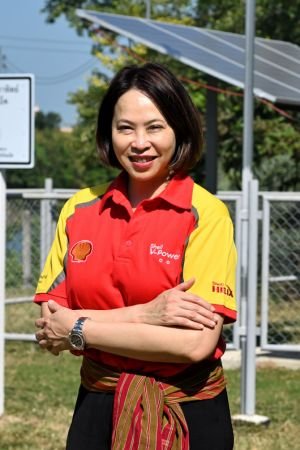
Ms. Ornuthai Na Chiangmai, Country Chair of The Shell Company of Thailand Limited, said, “At Shell, sustainable business operations are our key goal and driving force. We are transforming our processes to support this vision, enhancing people’s quality of life (Powering Lives) through impactful social investments. Our aim is to create positive social impacts, enhance community living standards, empower society to address challenges sustainably, and advance lasting sustainable changes.”

The “Shell Water Resource Management” project is a collaborative effort between Shell and its partners to develop a comprehensive water management system and enhance sustainable agricultural practices, thereby boosting local economic growth. This initiative tackles water shortages in Northeast Thailand by enhancing irrigation systems with solar energy technology and producing clean drinking water for widespread community distribution. To ensure the project’s sustainability, a dedicated community committee has been established to oversee the water system and its distribution benefits. Comprehensive training programmes on solar energy, system maintenance, and efficient resource usage are provided. The project also focuses on promoting sustainable agriculture by enhancing the skills of farmers, youth, and communities.

Clear benefits include a reliable water supply for households and agriculture, reduced drinking water costs, and increased agricultural productivity through continuous access to water, promoting long-term water security. Additionally, the project serves as a knowledge hub for sustainable water management for youth and farmers, empowering the community to independently manage the system and further building a robust economic foundation. This initiative aligns with the Sustainable Development Goals (SDGs), notably in advancing sustainable water management.
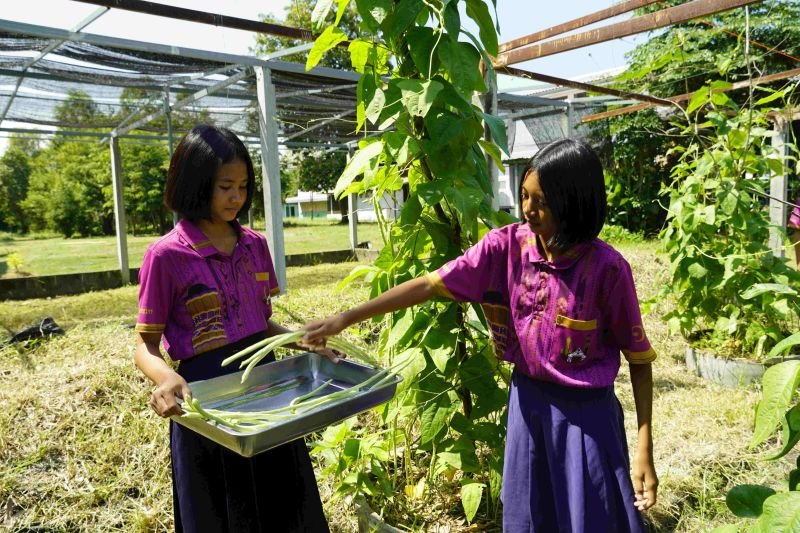
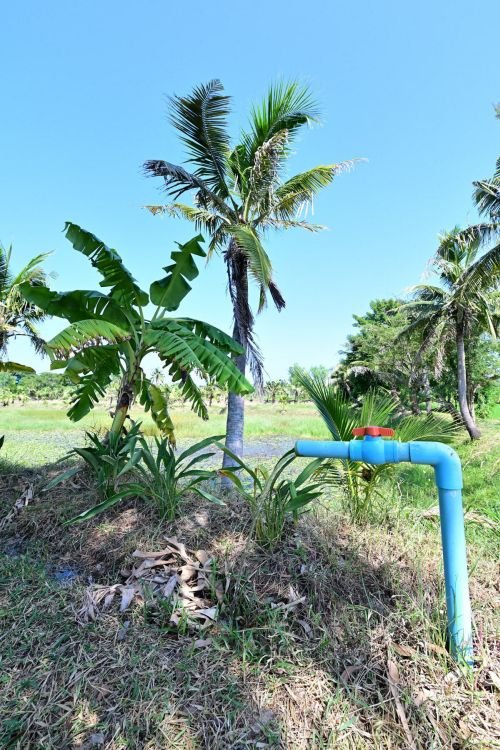
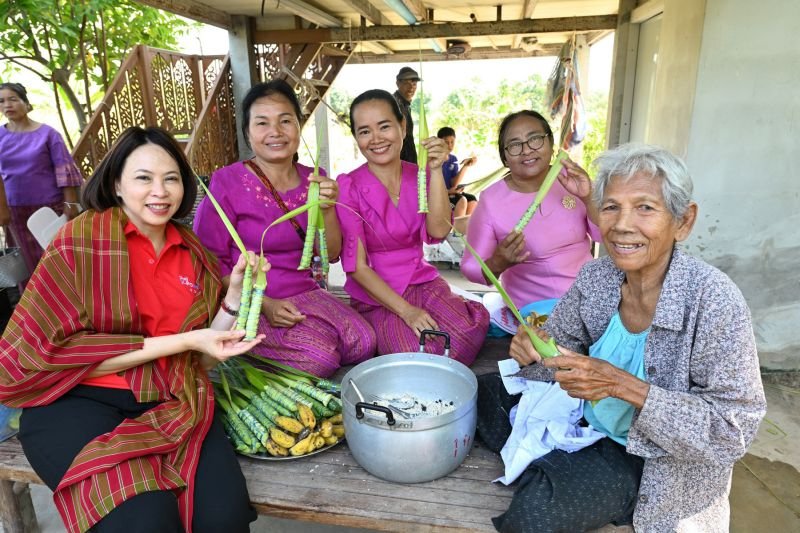
Shell is leveraging its energy expertise to enhance water management efficiency and promote sustainable agriculture, positively impacting the livelihoods of over 3,390 individuals across three key locations. In Ban Ta Yuak School, the solar-powered water pumping irrigation system now provides sufficient water for both agricultural and community needs, benefiting over 1,300 farmers, students, and parents. This initiative promotes local food security by enabling the cultivation of alternative economic crops. This location serves as an innovative learning platform for the community and a hub for sustainable agricultural practices within the farmer network, particularly focusing on solar irrigation. In Ban Phon Duea, a solar-powered groundwater pumping system and water dispensers produce 1,200 litres of high-quality drinking water daily, saving the community 155,596 baht in just four months. The villagers have also expanded their efforts by establishing a community drinking water enterprise which generates income through sales to nearby communities.
In Ban Non Sawan, the community rice mill is not just reducing energy costs and consumption for local rice farmers; it is a thriving community learning centre for sustainable rice farming. This project has empowered the community enterprise to significantly improve productivity and efficiency. It supports their mission to distribute high-quality rice varieties, promote environmental conservation, and preserve the ecosystem of the area’s rice fields. The project’s success is a testament of the strong collaboration between local agencies, educational institutions, and the community’s commitment to harness clean energy to significantly enhance quality of life. Through skill development and knowledge sharing, the community has also embraced sustainable improvements in livelihoods.
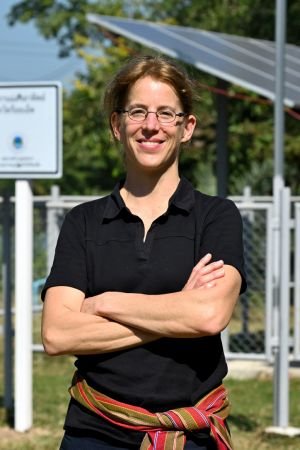
Dr. Nana Kuenkel, Coordinator of Agriculture and Food Cluster, Deutsche Gesellschaft für Internationale Zusammenarbeit (GIZ) GmbH Thailand, said, “This project, which promotes sustainable agriculture through solar energy, has empowered communities to develop sustainable irrigation systems and farmland management, while increasing access to clean and high-quality water for consumption. The sustainable agriculture training conducted over the past two years has already had tangible impacts on the community. We will now seek opportunities to support marketing initiatives to further enhance the potential of communities and community enterprises in water management.”
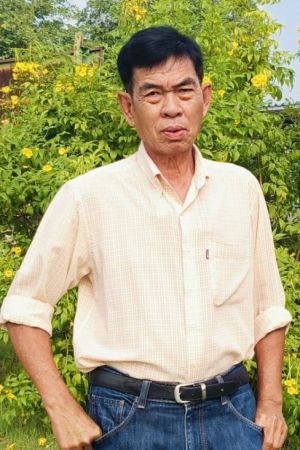
“This project not only enhances the quality of life of community members but also transforms the area into a learning centre. It provides youth and community members with opportunities to learn about sustainable agriculture and water management using clean energy. Students benefit by growing vegetables at school, ensuring year-round access to fresh produce, reducing household expenses and promoting good nutrition,” said Mr. Wilak Phulthekong, the Project Coordinator. “By managing the irrigation system and using solar energy to pump water from underground sources, farmers can cultivate crops year-round without being dependent on seasonal changes, thereby reducing electricity and rice milling costs while increasing production capacity. This enables the community to compete more effectively in the market. This project, therefore, serves as both a source of knowledge and sustainable resources, creating value for the community and enhancing quality of life.”
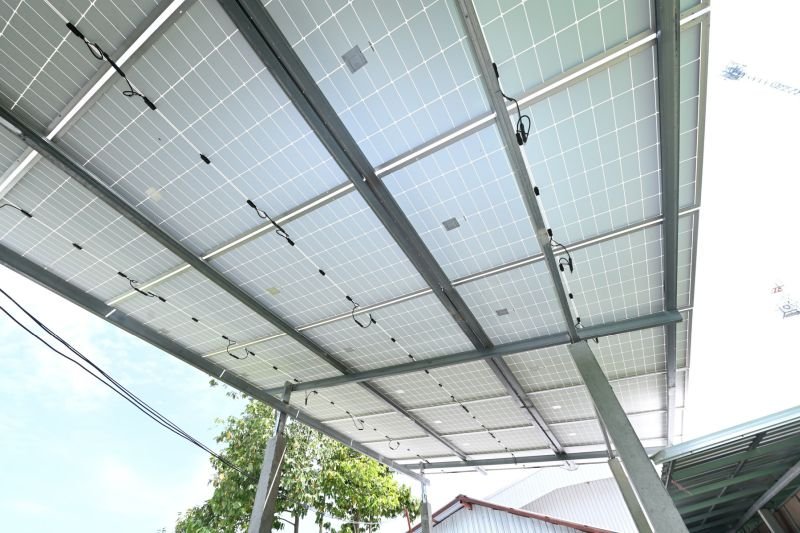
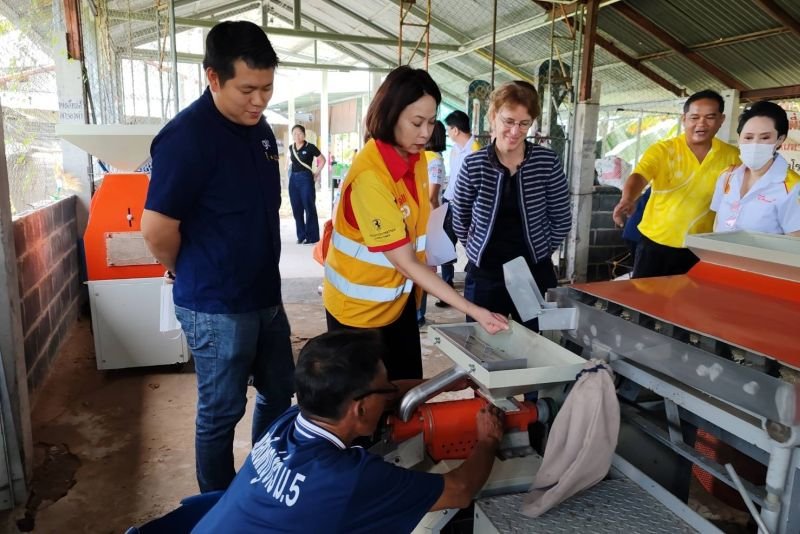
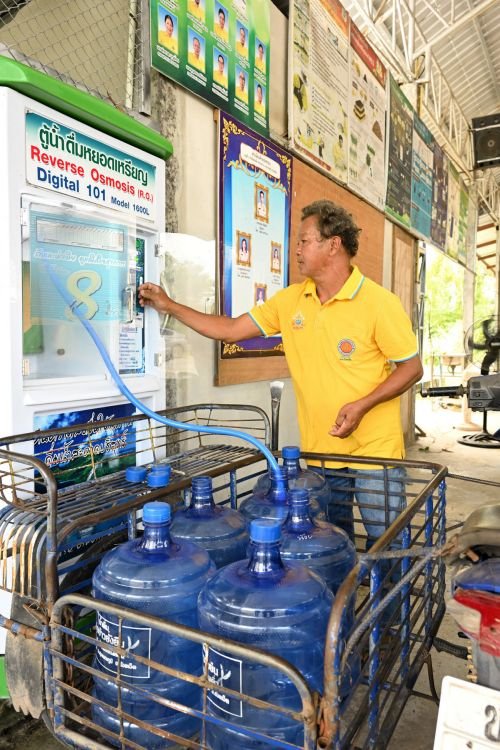
“Shell has long been a partner in Thailand’s growth, leveraging its expertise in innovation to enhance the quality of life of communities. This water management project, powered by solar panels, helps reduce costs, increase rice yields, and supply clean water for both consumption and agriculture. Additionally, the area serves as a community learning centre. Despite facing challenges, the unwavering collaboration and commitment from community farmers and locals have ensured the project’s smooth and successful progression. As a global energy company evolving alongside Thai society, we are driven to create tangible and sustainable change for Thailand,” concluded Ms. Ornuthai.

